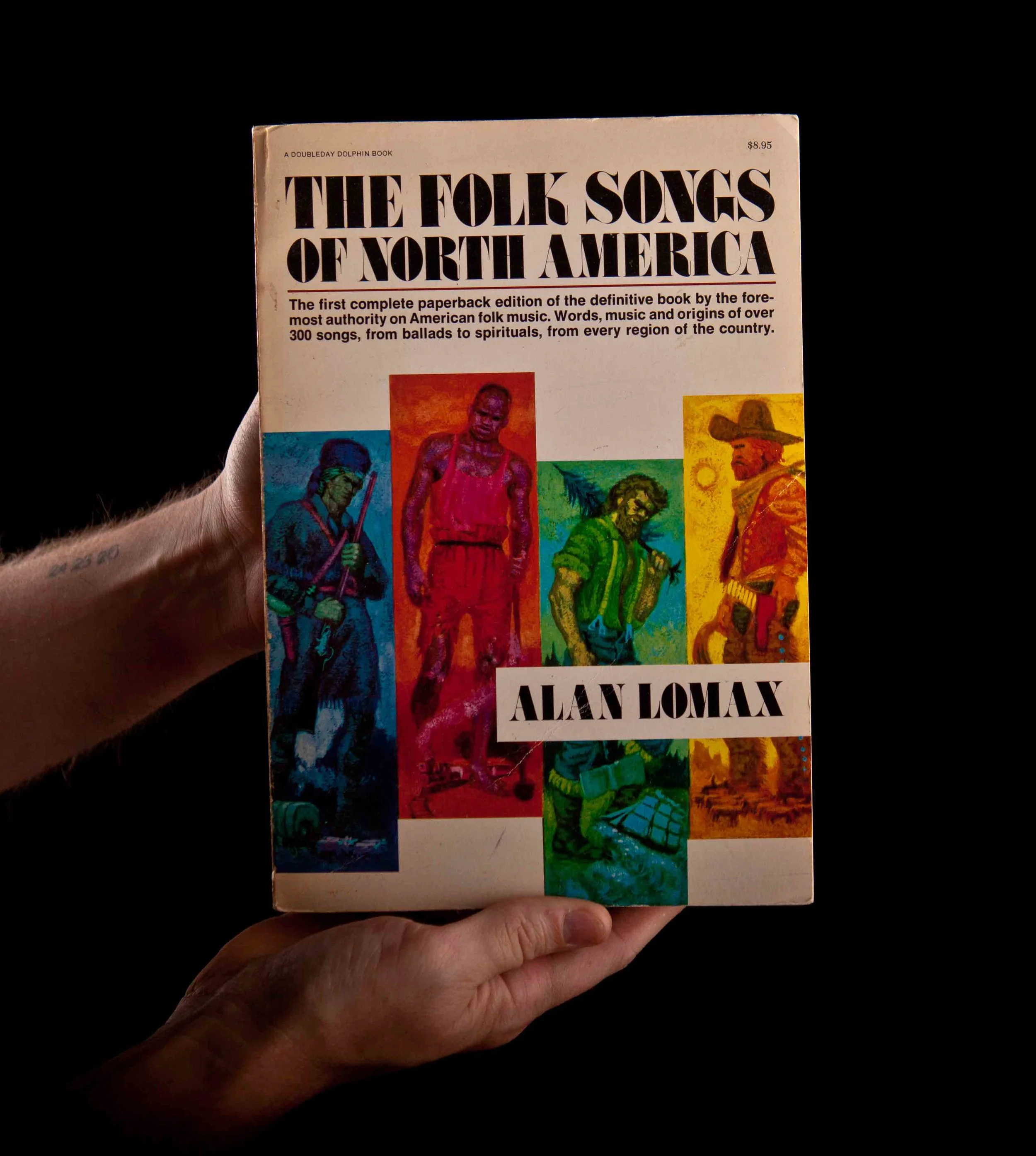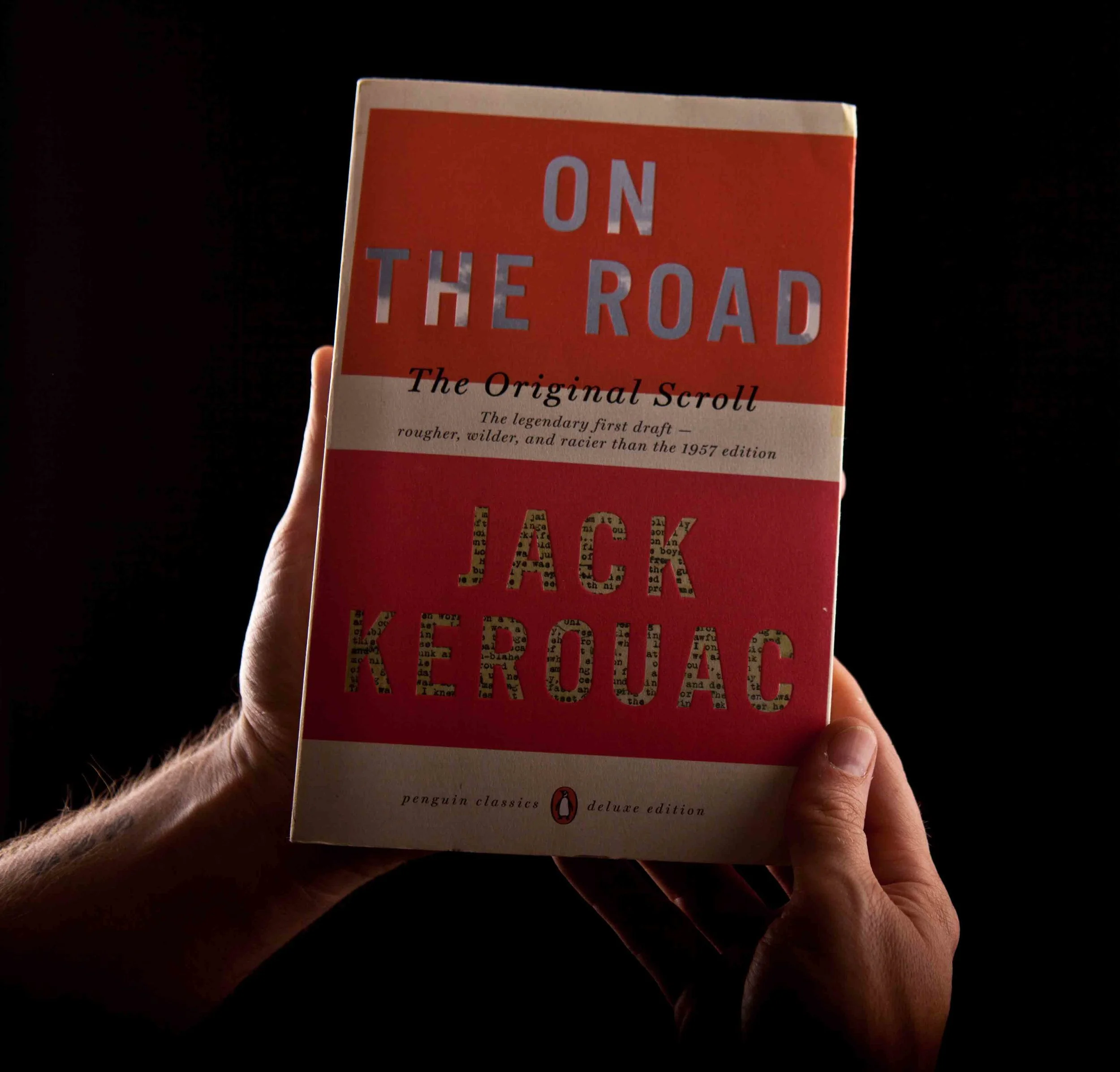“You must learn to use your life experience in your intellectual work […] to continually examine and interpret it. In this sense, craftsmanship is the center of yourself and you are personally involved in every intellectual product upon which you may work. Capture what you experience and sort it out [for] experience is so important as a source of original intellectual work. To be able to trust yet to be skeptical of your experience is one mark of the mature workman.”
-C. Wright Mills, On Intellectual Craftsmanship
Broadly, I'm interested in the trope (literally, "turn") of the road in rhetorical history and American culture. Simply put, I look to Plato's Phaedrus, particularly his notion of psychagogia (literally, "a leading of the soul"), to conceptualize what rhetoric is and what it can do. It is significant as both an actual and analogical experience. In other words, we travel the road and we imagine traveling the road.
Moreover, its staying power lies in its mythological (narrative) function. In crisis, that is, the road becomes the framework we turn to to make sense of the grand convergence of human relations. Consider, for instance, the cultural significance of the Hebrew Exodus and Homer's Odyssey. In American culture, themes concerning the road play prominently in our earliest songs, poetry, and public discourse and continue in our television, film, visual arts, and the like.
To substantiate, I offer Joel and Ethan Coen's film, O' Brother, Where Art Thou?, as a representative anecdote of the importance of the mythology of the road in American culture. In essence, employing themes from Homer's Odyssey, the Coen's project an ancient journey narrative onto Depression era America to tell the story of three men on the road - using songs about the road - to confront issues of political turmoil and racial tension. In a way, released in 2000, O' Brother is a kind of cultural crossroads of both a new century and millennium - a framework through which to ponder the grand convergence of human relations and the issues most prevalent in twentieth-century American culture
Most specifically, I explore this trope in American history with a particular focus on the Delta blues and the civic and sermonic discourse of Martin Luther King, Jr. in the American civil rights movement. For example, as the work of Michael Taft makes evident, the most pervasive lyrical theme in all of the blues is the road/mobility. And so, I followed the road in the blues into the fieldwork of folklorist Alan Lomax and his encounters recording prison songs, work songs and the blues in the Mississippi Delta. We find similar road themes in the spirituals and the freedom songs of the civil rights movement. Comparably, it becomes more compelling when we recognize the importance of the road in the marches of the civil rights movement - and even more so when we consider a peculiarly unexplored dimension of Martin Luther King, Jr.'s work. That is, throughout the movement, spanning 1955 to 1968, King turns repeatedly to the ancient road parable, the Good Samaritan, to frame the ethics necessary for the movement to reach its fullest realization.
In all, I remain interested (and overwhelmed by the number of potential avenues the road provides, literally and figuratively) in the mythology of the road in popular culture via film, music, and public discourse. However, I also maintain an interest in an array of other subjects including the religious/sacred dimensions of rhetoric in the life/work of the Apostle Paul; first-generation, low-income and working class experience; religious freedom; and the aesthetics and mythology of the West in the cinema.











